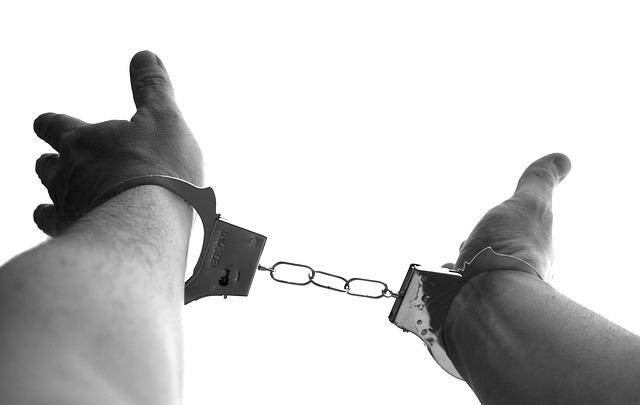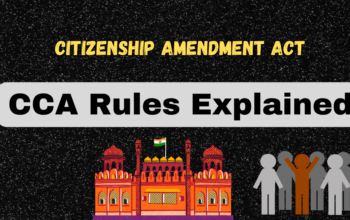Hate crimes are defined as any criminal acts perpetrated against a person or an organization based exclusively, or largely on one of their characteristics, like race or ethnicity. The law which protects the sensitive groups from persecution is fairly strict in order to discourage these kinds of acts.
However, this strictness does come with a few issues. Prosecutors will often be inclined to include the hate crime element into the case whenever there is a basis, regardless if the actual existence of the hate crime component. If this happens to you, you will need a skilled attorney, one who will be able to defend you properly. Here’s what you need to know about hate crimes in California law.
Who Is Protected by This Law
The aim of the law is to protect groups and individuals who have historically been persecuted and discriminated against. There are several characteristics which classify individuals or groups as ‘sensitive’ and protects them.
Physical or mental disability is the most commonly cited cause of hate crime. However, it is important that the accuser proves that the disability is the main reason that the crime happened in the first place.
Other than disability, race is probably the point of most contention. A lot of crimes occur where participants are of different races or ethnicities, so it is easy to label them as hate crimes. This designation brings significantly higher sentences, as well as a stigma which most potential future employers will not be likely to put aside.
There are other reasons to call something a hate crime, like the person’s gender or sexual orientation, as well as their religion. However, the same rule applies to these categories – only if this characteristic of the victim is the cause of the crime can the crime be recognized as a hate crime.
What Does It Take to Prove Something Is a Hate Crime?
The prosecutor of the case needs to be able to prove several things to be true if they hope to classify something as a hate crime. First of all, as mentioned before, they need to be able to prove that the crime occurred entirely or partly as a result of the victim’s belonging to one of the above categories.
Furthermore, they need to be able to ascertain that the act was willful and knowing attempt to injure or intimidate a person and/or damage their property. Finally, they need to argue that it was done in order to interfere with the legal rights of these groups or individuals.
How Are Hate Crimes Classified
Depending on the severity of the act, hate crimes can be either misdemeanor or felony crimes. Disorderly conduct in a gathering celebrating one of the above mentioned groups with the intent to disrupt the civil rights of the group is a misdemeanor, as are other non-violent transgressions, like posting offensive symbols and advertisements publicly.
On the other hand, vandalism and threats, as well as physical violence are considered felonies and will incite more severe sentences. Apart from the regular felony charges, there is a possibility of enhanced sentences for these crimes. In most cases, it happens if a person is killed in the commission of the crime. If a person is killed due to race, religion, or nationality, the perpetrator is facing the death penalty or life in prison, whereas murder as a result of the victim’s sexual orientation, gender, or disability brings with it a life sentence without a right to a parole.
Best Defense against These Claims
If you are facing hate crime charges, you will need to contact a good criminal defense attorney. Your first option is to challenge the claim that the crime is not motivated by any of the above-mentioned criteria. You can also claim that you were only expressing yourself in accordance with your first amendment rights, or finally, that you have committed no crime at all, depending on your particular situation.



